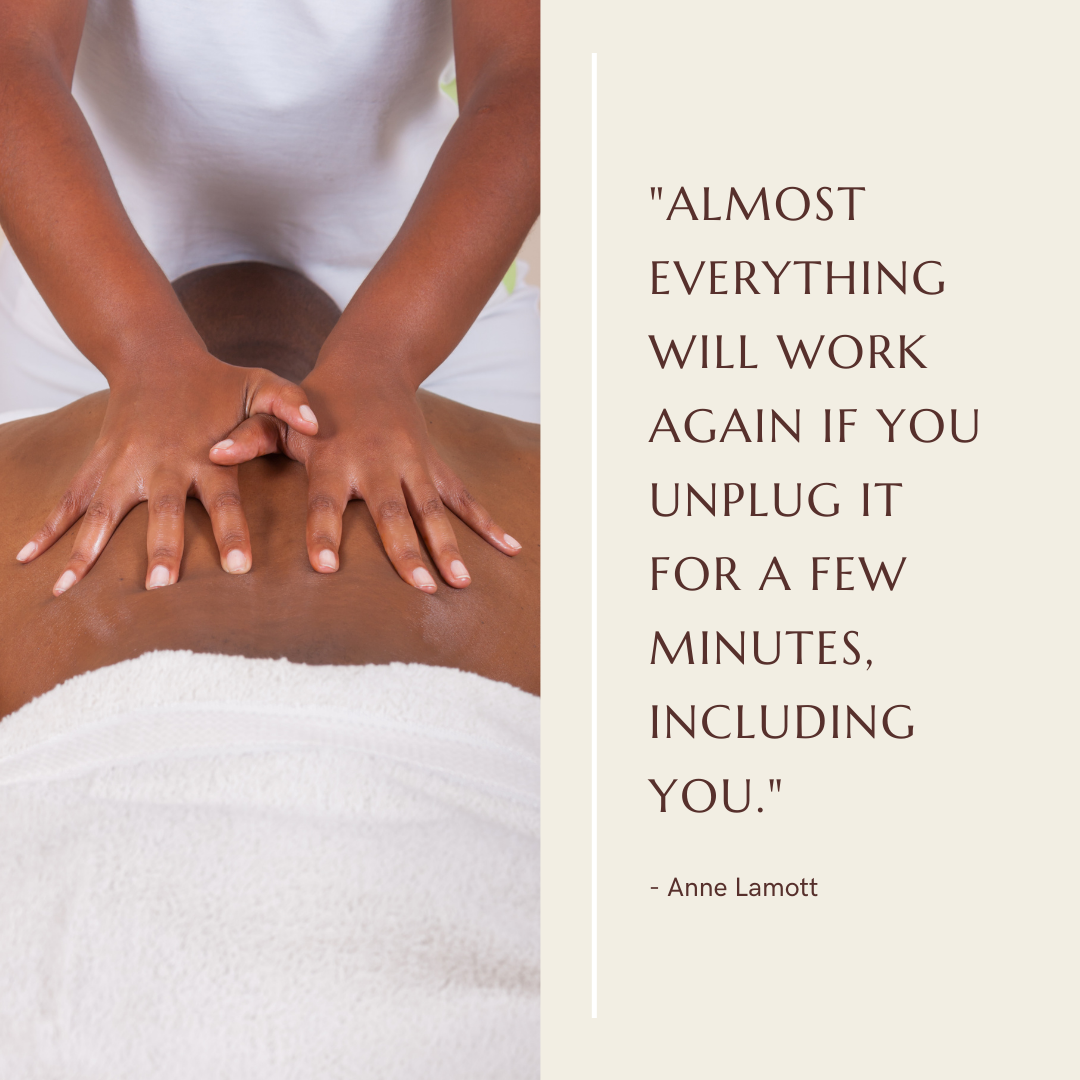The Complete Care Blog
"Your Guide to Healing, Wellness & Transformation"
Discover expert insights on therapeutic massage, wellness practices, and healing wisdom from Phoenix Body & Mind. Your journey to complete care starts here.
🌿 Healing Insights
Mind-body connection
💆♀️ Massage Therapy
Techniques & benefits
🧘♀️ Wellness Tips
Self-care practices
📚 Client Stories
Transformation journeys

"Welcome to a space where healing wisdom meets practical guidance. Every post is crafted to support your journey toward complete wellness."
- Meghan Bramlett, Licensed Massage Therapist
Latest Posts
Fresh insights and practical wisdom to support your healing journey. Updated automatically from our blog.
🔄 Live Feed Active
Posts automatically updated from Body Soul Care Chronicles
🔄 Loading latest healing insights...
Stay Updated
Get the latest healing insights and wellness tips delivered directly to your inbox. Join our community of wellness seekers!
About The Complete Care Blog
Your trusted source for healing wisdom, wellness insights, and therapeutic guidance from Phoenix Body & Mind.
Our Mission
At Phoenix Body & Mind, we believe that healing is a journey, not a destination. The Complete Care Blog is our way of walking alongside you, offering expert insights, practical wisdom, and compassionate guidance for your wellness journey.
Every post is crafted with 20+ years of therapeutic massage experience and a deep understanding of the mind-body connection.
What You'll Find Here:
- 🌿 Healing Insights: Understanding the mind-body connection
- 💆♀️ Massage Education: Techniques, benefits, and what to expect
- 🧘♀️ Wellness Tips: Practical self-care for daily life
- 📚 Client Stories: Real transformation journeys
- 🔬 Evidence-Based: Research-backed wellness practices

Meghan Bramlett
Licensed Massage Therapist (MA36217)
With 20+ years of therapeutic experience and certifications in wellness coaching and NLP, Meghan brings both expertise and compassion to every piece of content.
"Your body isn't broken—it's protecting you. My job is to help you listen to what it's trying to tell you."
- Meghan Bramlett
Ready to Experience Healing?
Let the wisdom from our blog guide you toward your next step in healing. Book your therapeutic session today.
📍 547 E New York Ave, DeLand, FL | 📞 (386) 273-8612 | ✉️ [email protected]